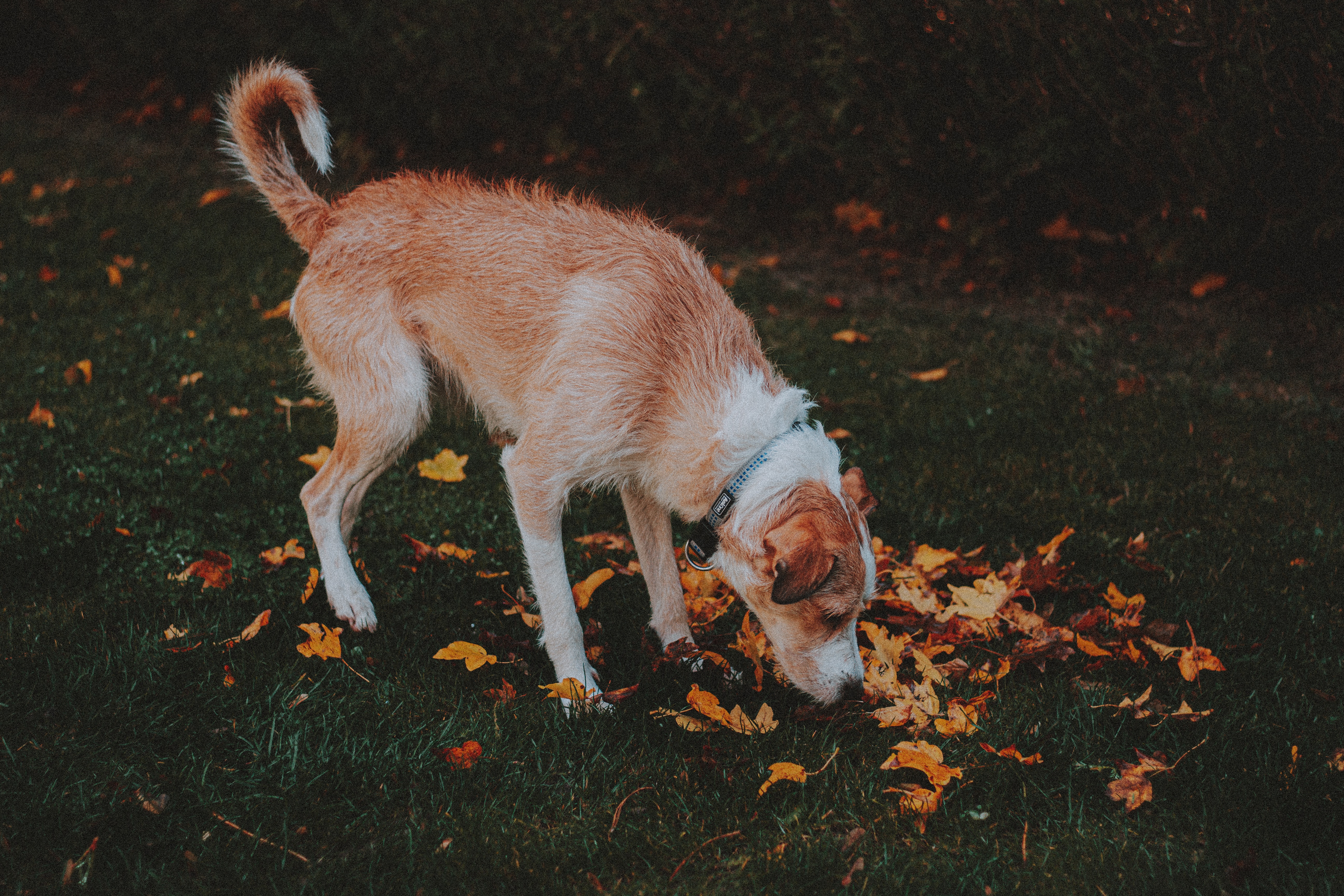Detector dog training shows companion-dogs rapidly remember the what and where of instinctively significant scents
Main Article Content
Abstract
Companion dogs with no previous experience were trained in a drug detector dog adapted method to recognise the scents of ‘prey’ animals and allowed to sleep in their natural habitat, at home with their owners. After each of two consecutive nights sleep they were evaluated on the next days. We tested their declarative memory (knowing that) and also procedural memory (knowing how), by using chase-and-fetch training and testing routines, which involved walking and running around as well as sniffing. All dogs were able to remember what their trained-for scents were and most dogs were also able to remember where their trained-for scents were against distractors. There were indications that scent memory could be reinforced and can be further learned that day. After training, when dogs were denied their day time and evening sleeps and instead provided with stimulating activities, surprisingly they still showed no ‘first-night-effect’ (of disrupted sleep and subsequent memory reduction) and successfully found their trained-for scents, which was attributed either to their robust short sleep-wake cycles, them being highly motivated and being in their natural habitat. Our evidence showed that after training (using their dominant sense of smell) our dogs showed all the aspects of sleep including both NREM and REM and demonstrated their declarative and especially their procedural memories on subsequent days. There was no significant difference in the number of sleep sessions per hour, the time asleep, the sleep session length, the percentage of time in REM or REM latency between normal day and night sleep compared with denied day/evening and normal night sleep.
These findings provide a further indication of dogs’ sense of self when applying the same criteria for humans. There was a sign that REM sleep in old dogs is not reduced when they are monitored at home. We believe that it is possible for companion dog owners whose dogs’ enthusiastically fetch, to readily train their own dogs by this method
Downloads
Article Details
Authors will be the copyright proprietor of their own work although they have accepted to use a creative common license, specifically CC-Attribution-NonComercial-ShareAlike_4.0

